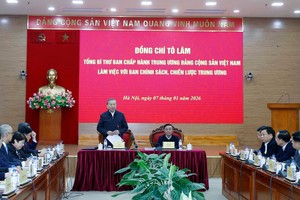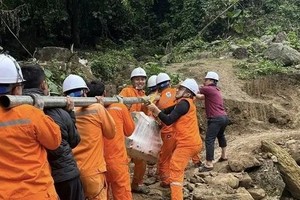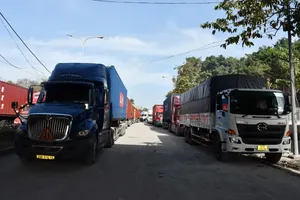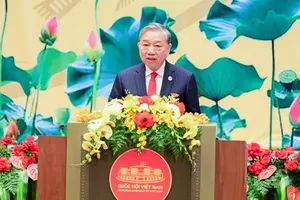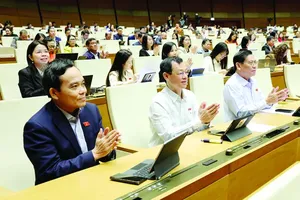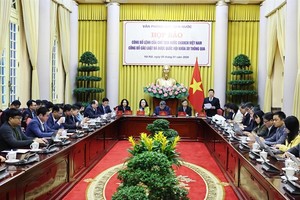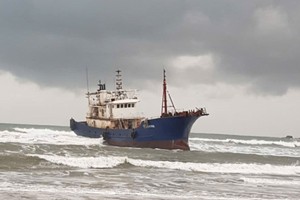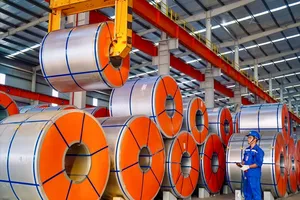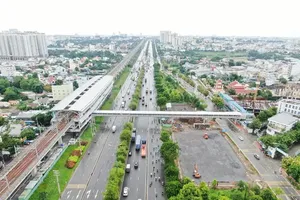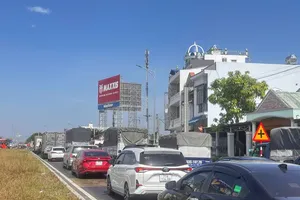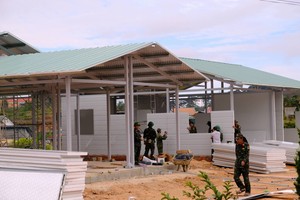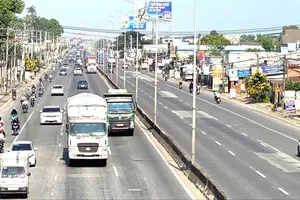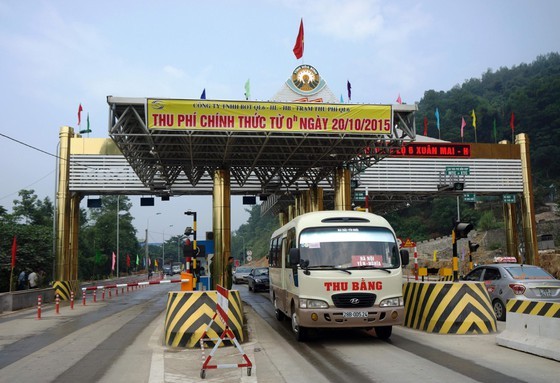
Tasco JSC was once considered the big shot in terms of BOT (build-operate-transfer) toll stations in Northern Vietnam with many major projects. However, its revenue since 2017 has seen a sharp decline when it was forced to close down many stations.
The reason for this was people protesting about skyrocketing transport costs as a direct result of having too many toll stations. Tasco could not gain back its momentum despite intervention from local authorities and the Ministry of Transport.
The company only saw VND170 billion in revenue (about US$7.3 million) in the second quarter of 2020, a 37% year on year down, reporting a loss of VND13 billion (about US$560,292).
Its long-term debt amounted to more than VND5,400 billion (about US$233 million) by the end of June 2020, about 80% of which was on BOT projects, accounting for 1.7 times its corporate equity.
Another leading company in the field, Cienco1 Transportation Construction Corp is also on a steady decline partly due to ineffective BOT investment.
One of its largest project, the Bach Dang Bridge toll station in Binh Duong only earned 36% of the financial plan. The company had to offset the loan interest of VND320 billion (about US$13.8 million) with its own equity capital.
Similarly, Cienco4 Group had to close down its Thai Nguyen - Cho Moi BOT station and struggling to pay a bank interest of VND18 billion (about US$778,000) each month. Profit in the second quarter of 2020 was down 49% year on year, and liabilities account for 83% of total business assets.
According to these companies, their financial loss from BOT projects are likely due to inaccurate expectations on traffic flow or low financial capacity of the investors themselves.
However, they say most important reason is that some provisions in BOT contracts between the State and themselves are not implemented properly.
The investor of the Thai Nguyen – Cho Moi project said locations of the toll stations are clearly stated in the contract, but they were still forced to close down when people complained. Their request compensation from the State or to continue operation have not seen a response.
Similarly, there are 49 BOT projects that are due for increased toll fees under their contracts, but are not allowed to raise the price by the State, according to Deputy Minister of Transport Le Dinh Tho.
‘If the schedule for raising toll fee is delayed until as late as 2020, investors are very likely to face bad debts’, he said.
Changes in legal policies from the Government is also causing financial burdens to investors.
Director of a transport and construction investment company in Hanoi said according to the newly issued PPP Law, when a company’s earned revenue is only 75% or under of that in the financial plan, the State shall consider sharing the loss.
On the other hand, when the revenue reaches 125% or more of that in the financial plan, the State will consider requesting investors to share the increase in revenue. However, this new law is difficult to apply to already invested projects.
According to the Ministry of Transport, 15 out of the 19 stations that closed down due to backlash have reopened but are seeing low traffic.
Also, there are 58 out of 60 BOT projects with actual revenue lower than expected, of which 17 projects earned less than 50% of the expected revenue.

